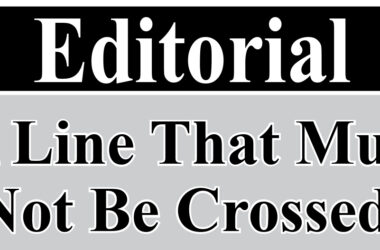
While the idea of a pension fund becomes like a political statement on most government occasions in South Sudan, there is a need to ease its implementation to benefit the owners.
A pension fund provides benefits for employees upon retirement.
The money helps the workers to plan their future spending; however, when it is delayed, it messes with their lives since they are no longer earning.
On Wednesday, the parliament, which is the house of the representatives, deliberated on the living condition of the war victims and the liberators.
If salaries and the pension fund aren’t clear, such discussion can not yield fruits.
Till now the retired officials continue to make several visits to the military headquarters, and likewise other pensioners to their various offices, looking for what belongs to them, but all in vain.
It is not clear who is really behind irregularities in South Sudan pension schemes.
Early this year the government claimed to have approved 43 billion South Sudanese pounds and $75 million to pay the pensioners.
With no clear payment of such allotted money as pension to the members of the organized forces and the civil servants, their lives remain the same.
Adhering to several challenges when hard-earned money that has been accumulating is there.
This send a signal to ensure that the pension fund is properly managed and channelled to the owners not for other purposes.
Since the money were direct deductions, there is a need for the government to give it to them or clearly state what happened to it and how they can be compensated.
The absence of pensions did not only frustrate the government workforce but also subjected some retired workers to poverty, sicknesses, and death.
It is very unfortunate that some liberators as well as other workers died while looking for their hard-earned money, trusted in the hand of government and pension officers to accumulate.
For sincere discussion on the welfare of the liberators, there is a need to respect the account where their money accumulates as a pension.
In addition, the Ministry of Public Service and South Sudan Pension institutions must be made accountable for the delay and has to be questioned to clearly explain how the pensions are administered.
As the parliament summons the concerned institutions with pension failure, to give accurate or sincere information should be treated as required by the law of South Sudan.




